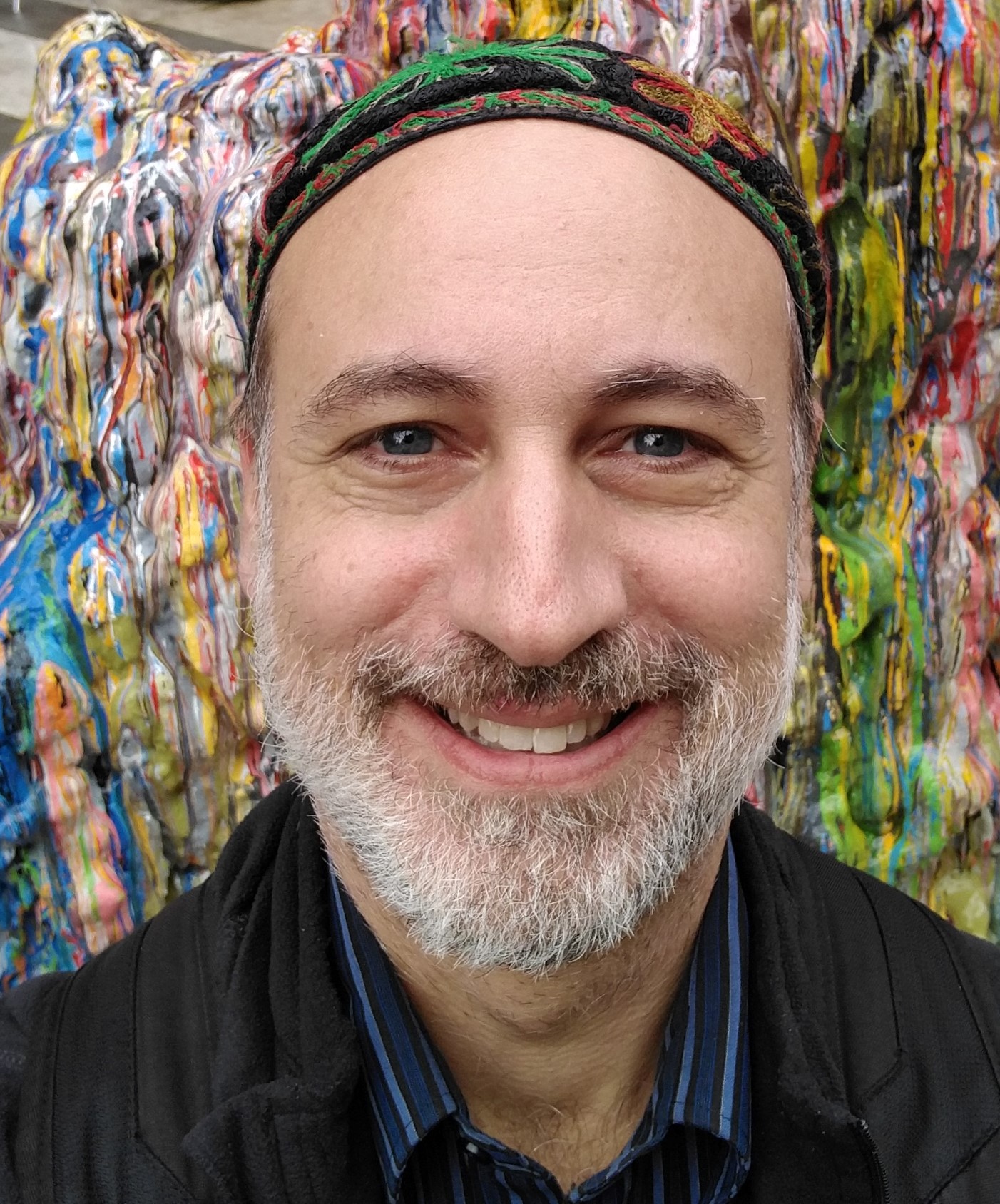This Shabbat, Dec. 8-9, is not just the weekend before Chanukah; it’s also that of International Human Rights Day. We honor this global holiday, Jewishly, when we reread our sacred stories through a human rights lens.
On December 10, 1948, the United Nations ratified the Universal Declaration of Human Rights (UDHR), a document of great foresight and significance. T’ruah first encouraged the celebration of Human Rights Shabbat a decade ago, inspiring a key annual tradition in synagogues like ours. We feel both deeply Jewish and eminently human when we place the modern UDHR and ancient Torah side-by-side, and redouble our commitment to those globally-acknowledged inalienable rights.
Our parshah this week, Vayeshev, offers many opportunities to lay these two grounding texts side-by-side. We’ll focus on Tamar, in Genesis 38, just after Joseph is sold into slavery.
In the generation of Jacob’s twelve sons, Tamar and Dinah are the only women given narrative roles. Women’s exclusion from society or history is itself a human rights issue, from Torah to today. Rev. Dr. Wil Gafney notes that the names of other daughters of Jacob “are never called, nor are their numbers verified, but they are acknowledged in Genesis 37:35; 46:7; and 46:15.” Exodus opens with “these are the names,” but no: “These are not all the names” (Womanist Midrash, 2017, p. 87). Compare that exclusion with the Declaration’s Article 2 – “Everyone is entitled to all the rights and freedoms” herein, “without distinction of any kind, such as race, colour, sex…” We must work together to enfranchise women, and everyone.
In Vayeshev, Tamar enfranchises herself, with ‘holy chutzpah.’ She marries Judah’s oldest son, Er, who later dies; so does his brother, Onan, who “spilled his seed.” Though the Bible seems to censure Onan’s unwillingness to father a child in the name of his deceased older brother, too many people derive a broader lesson and associate divine displeasure with contraception – making access to family planning a human rights issue of our own day.
Reluctant to let Tamar couple with his youngest son Shelach, Judah keeps her as an agunah, ‘chained woman,’ neither married nor free to remarry (contra UDHR Article 16: “Men and women of full age, without any limitation…have the right to marry and to found a family”). Seeing this, she dons a prostitute’s clothing and sleeps with her father-in-law Judah, keeping as pledge his staff and seal.
“About three months later, Judah was told, ‘Your daughter-in-law Tamar is guilty of prostitution, and as a result is now pregnant.’ Judah said, ‘Bring her out and have her burned to death’” (Gen. 38:24; compare UDHR Article 25, “Motherhood and childhood are entitled to special care and assistance”). Judgmental male control over female sexuality, too, remains a challenge today – not just in developing nations or isolated places, but with politicians, celebrities, and ‘ordinary’ men who objectify and abuse the women around them.
Tamar asserts her own agency by sending Judah a message – haker na, “acknowledge, please, whose seal, cord and staff these are?” Judah and his brothers had just deceived Jacob with the same formula (37:32): “acknowledge please, is this your son [Joseph’s technicolor] coat, or not?” This time Judah admits, “tzadkah mimeni, she’s more righteous than me.” Tamar gives birth to Peretz, ancestor of Boaz, who with Ruth becomes ancestor of David (and the messianic line).
The Universal Declaration of Human Rights (with outsize contributions from Jewish human rights lawyer and Nuremburg adviser Raphael Lemkin) came about just after the Holocaust, which underscored our need to always be upstanders, not bystanders. The same goes today, as necessary memes like #MeToo and #BlackLivesMatter remind us. Society’s enduring toxicity for women requires men to step up. Those who enjoy White privilege are duty-bound to dismantle racism. Straight, cis-gendered people must advocate on behalf of all LGBTQ people. This is the ongoing call of both Torah and human rights.
Truah’s Human Rights Shabbat text for this year, recalling how the rabbis of old turned Chanukah’s martial struggles into religious ones, cites the Sefat Emet (Shemini, 5641): “through hallowing ourselves in this world, and standing strong against wicked [individual] people and [social-political-macro] forces of evil, we can extend the flow of holiness in this world.”
T’ruah urges us to bring that “intersection of activism and holiness” into our day, as well, by sharing that synthesis with those around us, and with our communities. As a ten-time Human Rights Shabbat participant, I assure you, that intersection is always meaningful.
This Shabbat, this Chanukah, and always, let’s unite holiness and activism.
Rabbi Fred Scherlinder Dobb serves Adat Shalom Reconstructionist Congregation in Bethesda, MD. He is chairperson of the Coalition on the Environment and Jewish Life, and on the board of Interfaith Power and Light.

